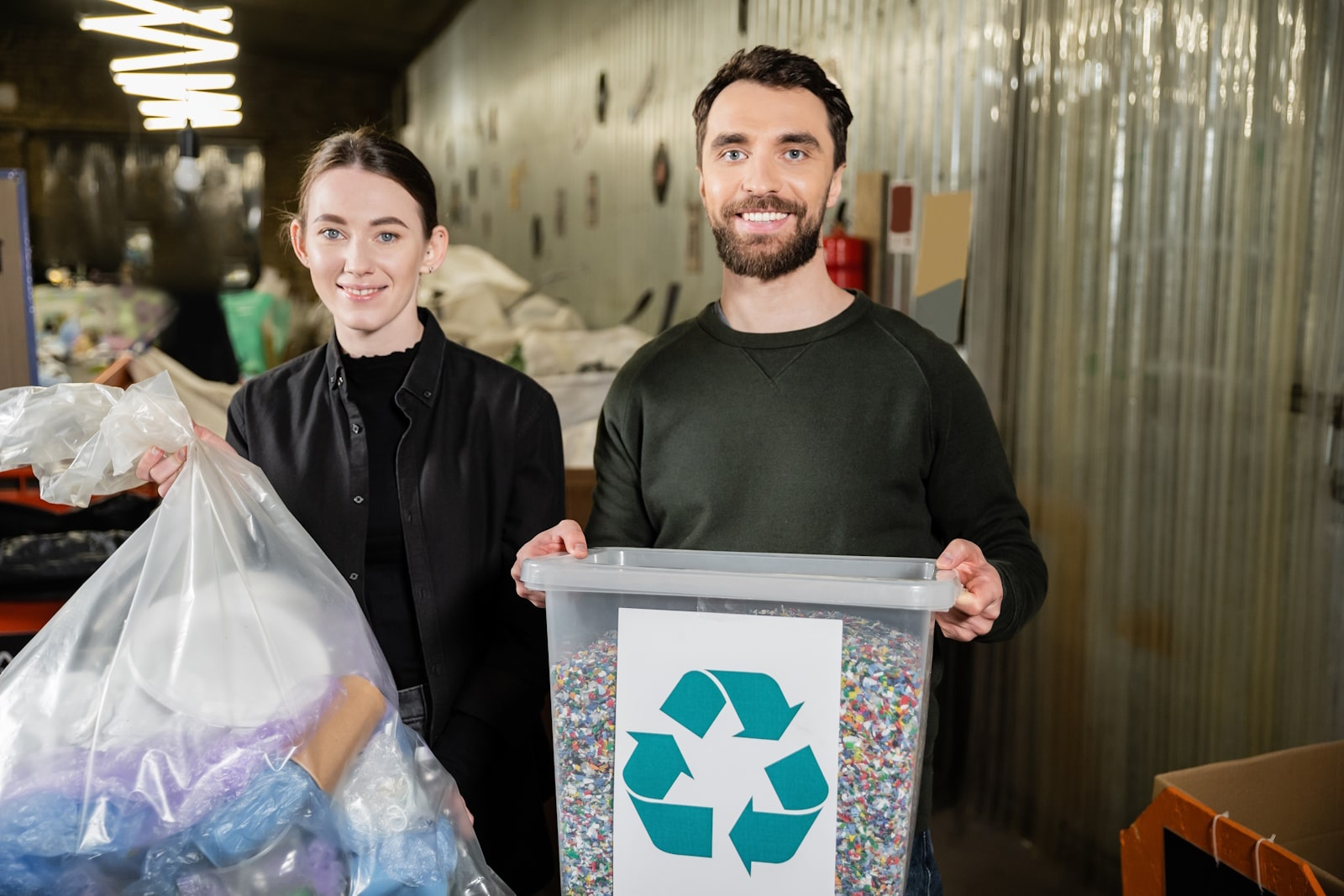Waste Management Company: Zero-Waste Strategies
In an era where sustainability is paramount, a waste management company plays a pivotal role in shaping a cleaner, more efficient future. Embracing zero-waste strategies not only aligns with global environmental goals but also enhances operational efficiency and community well-being. This guide delves into actionable zero-waste strategies tailored for waste management companies, with a focus on South Africa’s legislative landscape and innovative global practices.
Understanding the Zero-Waste Philosophy
Zero waste is a holistic approach that seeks to eliminate waste through the redesign of resource life cycles. It promotes:
- Waste Prevention: Prioritising the reduction of waste generation at the source.
- Resource Conservation: Optimising the use of resources to minimise environmental impact.
- Designing Systems for Longevity: Creating systems that keep materials in use for as long as possible.
This philosophy is encapsulated in South Africa’s National Waste Management Strategy (NWMS), which emphasises waste minimisation, reuse, recycling, and recovery as primary objectives. The strategy aims to reduce landfill dependency and promote a circular economy, a goal that every waste management company can work towards to make a meaningful environmental impact.
Implementing Zero-Waste Strategies in Collection Services
A waste management company can adapt their collection systems to minimise waste by:
- Optimising Collection Routes: Utilising data analytics to plan efficient routes, reducing fuel consumption and emissions.
- Encouraging Source Separation: Promoting practices like separate bins for recyclables and compostables to reduce contamination.
- Community Engagement: Educating residents and businesses on proper waste segregation and the benefits of zero-waste practices.
For instance, the City of Edinburgh has implemented smart bin sensors across 11,000 bins, enabling dynamic collection schedules based on real-time data. This initiative has led to more efficient waste collection and reduced operational costs, a step any waste management company can take to improve operational efficiency.
The Role of Recycling and Upcycling in Zero-Waste Initiatives
Recycling and upcycling are integral to achieving zero-waste goals for a waste management company:
- Recycling: Processing used materials into new products to prevent waste of potentially useful materials.
- Upcycling: Transforming waste materials into products of higher value, reducing the need for virgin resources.
In South Africa, the NWMS encourages the development of recycling infrastructure and the establishment of buy-back centres to promote material recovery and reduce landfill usage. Waste management companies can collaborate with industries to optimise these processes, improving diversion rates and reducing landfill reliance.
Technology Integration for Zero-Waste Goals
Advancements in technology can significantly enhance zero-waste efforts for waste management companies:
- Smart Bins and IoT: Implementing bins equipped with sensors to monitor waste levels and optimise collection schedules.
- AI Sorting Systems: Utilising artificial intelligence to improve sorting accuracy and efficiency in recycling facilities.
- Waste Tracking Apps: Developing applications to track waste generation and recycling rates, providing valuable data for decision-making.
The City of Edinburgh’s smart bin initiative, funded by the European Regional Development Fund and Zero Waste Scotland, exemplifies the successful integration of technology in waste management. This technology has allowed for more efficient collection systems and better resource management, which can be replicated by any waste management company looking to modernise their operations.
Challenges of Achieving Zero-Waste in Industrial Settings
Implementing zero-waste strategies in industrial settings presents unique challenges for waste management companies:
- High-Volume Waste: Industries generate large quantities of waste, making segregation and recycling efforts more complex.
- Hazardous Materials: The presence of hazardous substances requires specialised handling and disposal methods.
- Infrastructure Limitations: Inadequate recycling facilities and waste management infrastructure can hinder zero-waste initiatives.
Addressing these challenges requires tailored solutions, including investment in specialised equipment, staff training, and collaboration with regulatory bodies to ensure compliance with environmental standards. A waste management company must collaborate with industries to streamline these processes and overcome these obstacles.
The Impact of Zero-Waste on Landfill Diversion Rates
Implementing zero-waste strategies can significantly reduce landfill usage for waste management companies:
- Diversion Rates: By increasing recycling and composting efforts, waste management companies can divert a substantial portion of waste from landfills.
- Environmental Benefits: Reducing landfill usage decreases greenhouse gas emissions and conserves natural resources.
- Economic Advantages: Efficient waste management can lead to cost savings and the creation of green jobs.
The NWMS outlines the importance of landfill diversion and sets targets for reducing waste sent to landfills, aligning with the principles of a circular economy. Waste management companies have the potential to make a significant impact on these goals by increasing diversion rates and reducing their reliance on landfills.
Conclusion
Adopting zero-waste strategies is not merely an environmental imperative but also a strategic approach for a waste management company to enhance efficiency, reduce costs, and contribute to a sustainable future. By understanding the core principles of zero waste, implementing innovative technologies, and navigating the challenges of industrial waste, waste management companies can play a pivotal role in the global movement towards sustainability.
At A-Thermal, we are a waste management company committed to the journey towards zero waste. Our expertise and innovative solutions can help you optimise your waste management processes, reduce environmental impact, and achieve your sustainability goals. Contact us today to learn more about how we can assist you in implementing effective zero-waste strategies.






